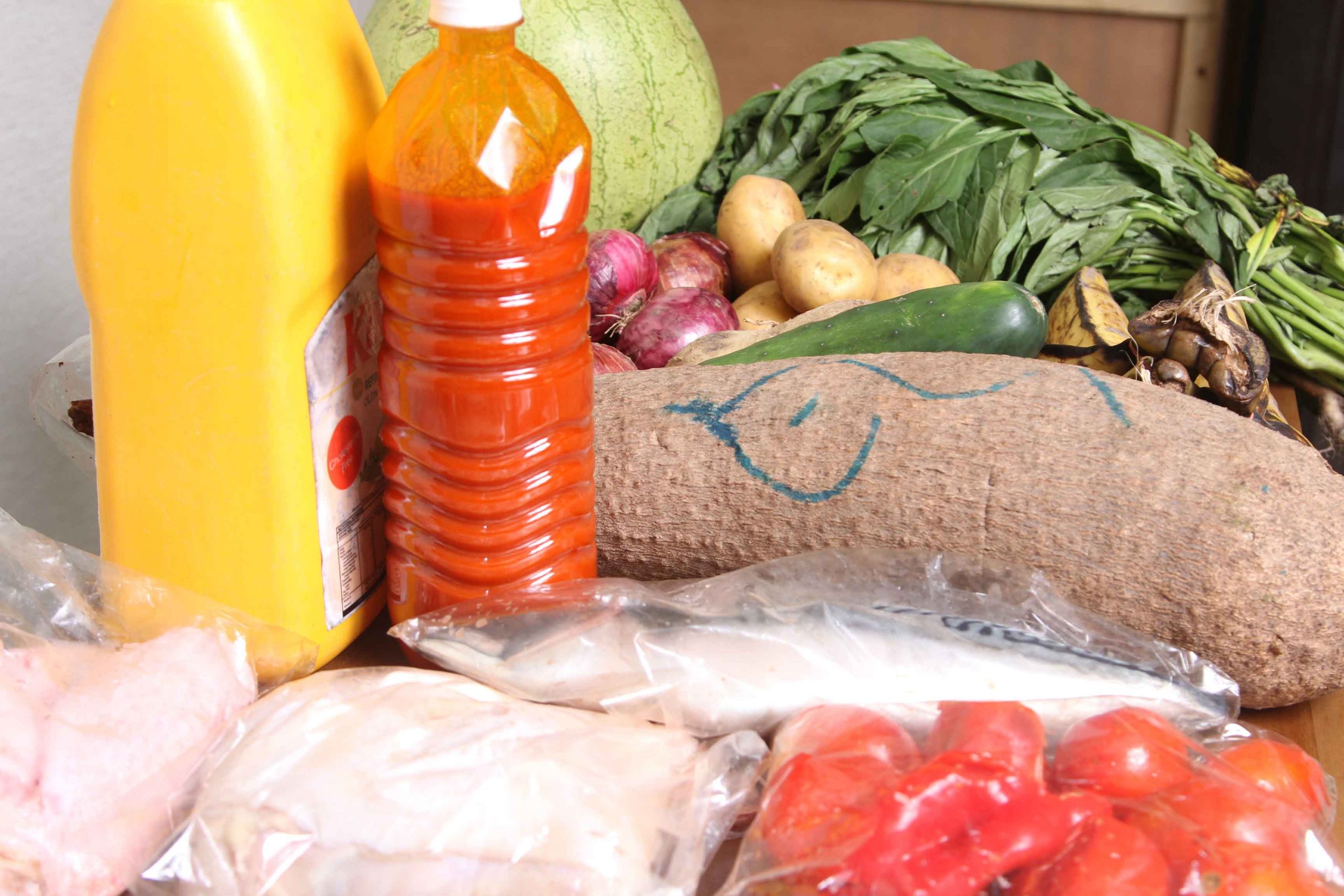
Following the 24-hour curfew in Kaduna to check the spread of Coronavirus, the state Chapter of the Christian Association of Nigeria (CAN) has embarked on distribution of food and other items to the less privileged.
State Chairman of CAN, Reverend Joseph Hayab, said the association has contributed about N2m worth of food items, which it has started to dispatch to those in need following the 24-hour curfew imposed by the state government to curb spread of the deadly disease in the state.
“The palliative measure is meant to identify with beneficiaries during the hard times and to show our concern for their wellbeing, even as we are all passing through the difficult experience. It is also meant to encourage them to obey government’s orders to stay at home,” he said.
Besides, the Taraba State chapter of CAN and the Muslim Council of Nigeria (MCN) are to partner with the Taraba State Primary Health Care Development Agency (TSPHCDA) to prevent the spread of COVID-19 in the state.
The groups, which restated their determination to encourage their followers to adhere strictly to preventive measures in order to stay safe, said they have educated and sensitised their faithful in the rural areas on the dangers of not adhering to social distancing and other preventive methods.
They disclosed this at a Social Mobilisation Strategic Review Committee, organised with support from the United Nations Children Fund (UNICEF), adding that apart from the shut down of their worship centres, they have supported the steps being taking by the state government to prevent spread of the virus.
CAN Chairman in the state, Isaiah Magaji and MCN Chairman, Ahmed Bose, who attended the meeting agreed that the “issue is dangerous and should be taken seriously by all and sundry irrespective of religion, tribe and political differences.”
Meanwhile, Oxfam has urged unprecedented health spending in poor countries to prevent millions of deaths from the Coronavirus pandemic.
The international humanitarian group said a package of nearly $159b in immediate debts cancellation and aid to fund a Global Emergency Plan for Public Health was needed to help prevent millions of deaths.
Oxfam International Interim Executive Director, Jose Maria Vera said, “In Mali, there are three ventilators for one million people. In Zambia, there is one doctor to 10,000 people. We know from Oxfam’s experience of fighting Ebola that with rapid action, this disease can be stopped. But we must act now and on a scale never seen before.”
It outlined a five-point plan that would enable poor countries to take action to prevent spread of the disease and build capacity of health systems to care for infected persons.
The five-point plan includes public health promotion, community engagement, access for humanitarian workers, and provision of clean water and sanitation, especially hand washing and 10 million new paid and protected health workers.
